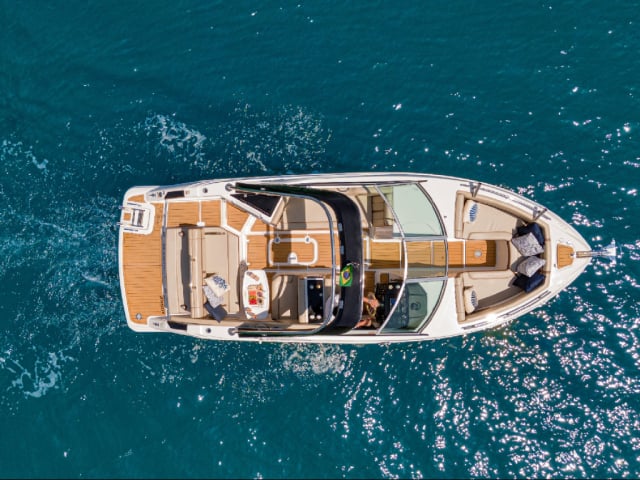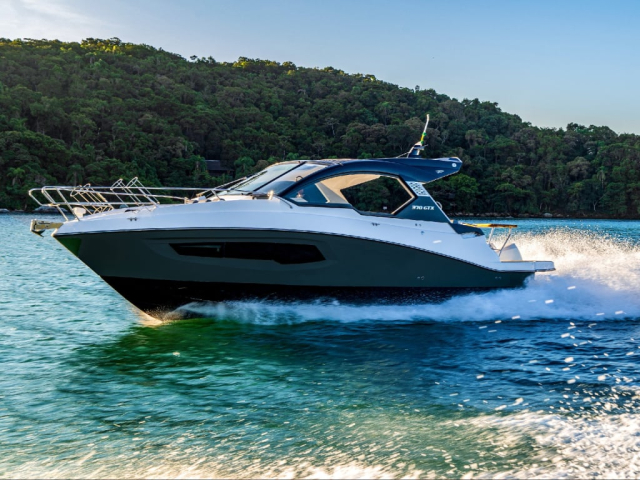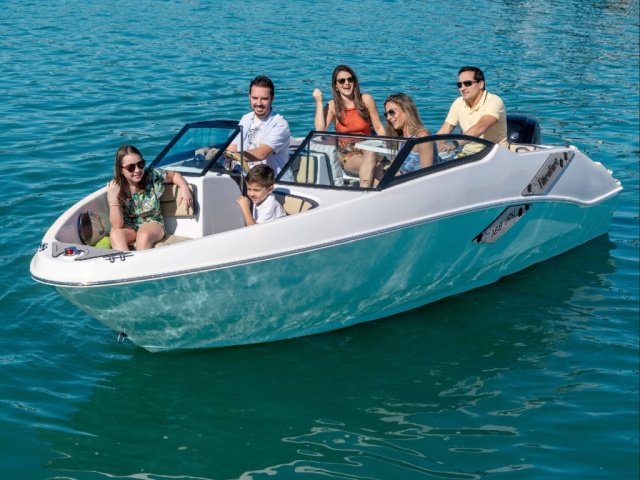Buying a boat is much more than an investment ; it is the gateway to a lifestyle full of adventure, freedom and direct contact with nature . However, before taking this step, it is essential to carefully analyze several factors in order to make the best decision . Buying a boat not only involves the initial cost, but also considering aspects such as maintenance, storage and the use that will be given to it . Is it profitable? It all depends on your goals: if you plan to use it frequently, rent it out when not in use or even start a nautical tourism business, it can become a worthwhile investment.
One of the key aspects to consider is the type of boat that suits your needs . Do you prefer a speedboat for recreational activities such as water skiing, or a sailboat to enjoy calm and sustainable trips? It is also important to think about the capacity, size and type of engine you need , depending on the waters where you plan to navigate. While it is tempting to get carried away by luxurious models, the ideal is that the choice is aligned with your budget and usage expectations. Likewise, it is crucial to research permits, insurance and local regulations , as these aspects can impact both costs and the overall experience of ownership. Making an informed decision will help you fully enjoy your investment , making every moment on the water unforgettable.
You may also be interested in: Vessels that require a navigation permit
Recommendations for buying a boat

1. Define your needs and objectives
Before choosing a boat, think about what you'll be using it for: recreational boating, fishing, water sports, or long trips? This will determine the type, size, and features you need. For example, if you plan on going on family outings, a boat with space and amenities will be more suitable, while for water sports, a speedboat may be ideal.
2. Set a realistic budget
Don't just consider the initial cost of the boat, but also additional expenses such as maintenance, fuel, insurance and storage. A well-planned budget will help you avoid financial surprises and ensure you can enjoy your purchase without worry.
3. Research the market for new and used boats
Buying a new boat guarantees impeccable condition and manufacturer warranties, but a used boat can offer a more affordable price. When exploring secondhand options, be sure to have them inspected by an expert to avoid hidden problems.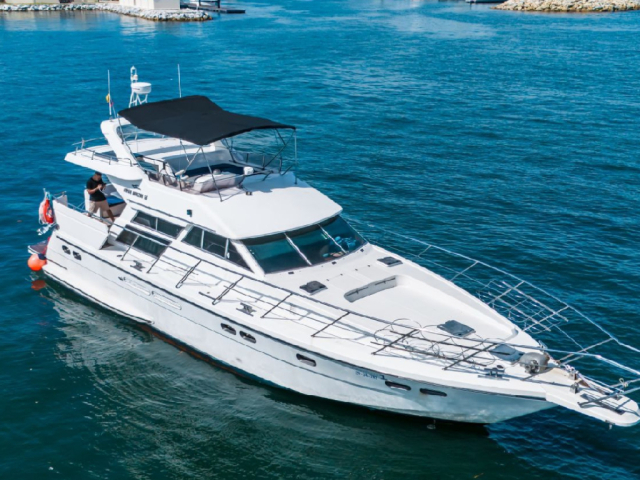
You may also be interested in: Maritime implements for sailing
4. Know the local regulations
Before you buy, find out about legal requirements in your area, such as licenses, permits, and registrations. Also, some places have specific regulations for certain types of boats or activities, which may influence your decision.
5. Choose the right type of boat
There are multiple options: motorboats, sailboats, catamarans, yachts, among others. Each has specific advantages depending on the use and water conditions. For example, a sailboat is ideal for those who enjoy calm and ecological navigation, while a catamaran offers greater stability and space.
6. Consult with experts and other owners
Talking to industry professionals and people who already own boats can provide valuable insights. They can share experiences, warn you about common mistakes, and help you make an informed decision. 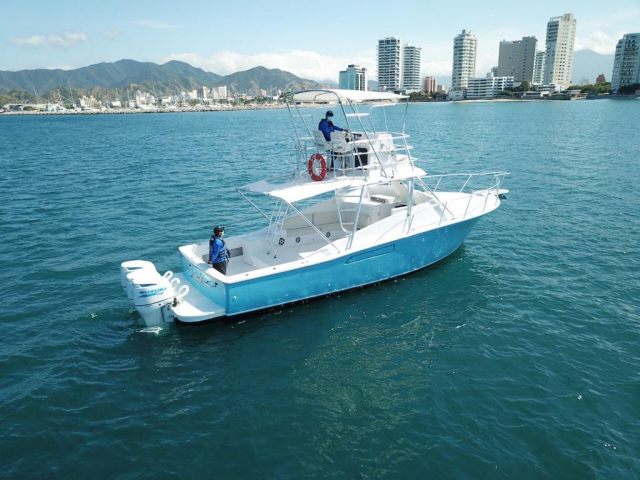
You may also be interested in: Electric boats
7. Consider maintenance and storage costs
A boat requires ongoing care: cleaning, repairs, and protection from wear and tear. Plus, you'll need a place to store it, either in a marina or on a trailer. Research options and costs before making your purchase.
8. Perform a water test
Never buy a boat without trying it out first. A test ride on the water will allow you to evaluate the performance, comfort and whether it meets your expectations. It is the best way to ensure that you are making the right choice. 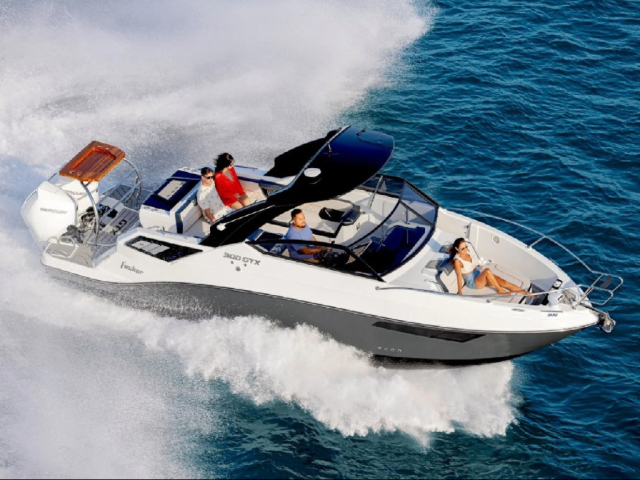
You may also be interested in: Buying a yacht
9. Invest in training and licenses
If you are new to the boating world, consider taking boating courses. These will help you handle your boat safely and efficiently, as well as comply with legal requirements.
10. Check financing and insurance options
Boats can often be financed through specialized loans. Evaluate the available options and make sure you take out insurance that covers damage, accidents and civil liability to navigate with peace of mind.
Buy first or second hand boats

Whether you buy a new or used boat depends on your needs, budget and expectations. New boats are ideal if you are looking for a guarantee, cutting-edge technology and customisation , as you can choose recent models with specific features. They also offer greater peace of mind as they have not been worn down. However, they are usually more expensive and lose value quickly after purchase.
On the other hand, opting for a second-hand boat can be a great option if you want to save money and get more for your investment . The used market offers boats in good condition at more affordable prices, but it is crucial to perform detailed inspections with experts to ensure that there are no hidden problems . If you find a well-maintained one, you could enjoy the same advantages as a new one, but at a much lower cost. Both options are valid, but the key is to evaluate your priorities . If you value warranty and the latest innovations, a new one is for you. If you prefer to maximize your budget without sacrificing quality, exploring the second-hand market may be the best decision.
We invite you to take a look at other articles at: https://yate.co/en/blog


